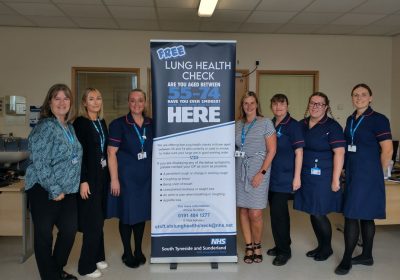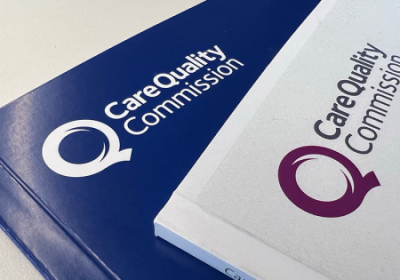South Tyneside and Sunderland NHS Foundation Trust has set up the hub – https://www.stsftmentalhealth.nhs.uk – as a one-stop page for patients living in South Tyneside, Sunderland or Gateshead.

The sites are available 24/7 and offer a starting point for anyone who feels they need help through treatment or a group and set out what services are available in each of those areas.
They cover:
- South Tyneside – Adult Talking Therapies: Lifecycle Services, Mental Health Support Service: Healthy Minds Team and Children and Young People’s Mental Health Services
- Sunderland – Mental Health Service; Healthy Heads Team for children, Community Children and Young People’s Mental Health Services
- Gateshead – Adult Talking Therapies, Adult Mental Health Peer Support Service, Children and Young People’s Primary Care Mental Health Service and Children and Young People’s Mental Health Service
All three sections detail about how to make a referral for a child or young person. They also advise health professionals, so they can help set up an appointment. The areas set up for children also signpost people to organisations and information which can help.
The adult sections also offer access to resources, information on where to get help in a crisis, details on self-help and the details of other organisations which can give support. This includes debt advice and careers help to charities to sites which can help tackle loneliness and a chance to follow online courses.
There are video clips which can offer advice on how to handle conditions, dealing with sex abuse, domestic violence or self-harm.
David Newell, is a Directorate Manager for the Trust who oversees all the mental health services across South Tyneside, Sunderland and Gateshead as part of his role.
He said: “Lots of work has been going on behind the scenes to bring together all this information to help people in their time of need.
“Now these sites are there for people to visit around the clock, at a time when they’re ready to take that step and find the help they may need.
“They’re also really useful if you’re worried about a friend or relative, so you can help them make that move to get support.
“Anyone who supports someone aged 18 or under can find out how our teams can work alongside a child or young person if they’re struggling with their emotions or behaviour.
“The pages also signpost people to lots of information, so people can look at the detail at their own pace.
“Crucially, these sites are a front door for our services, but we have teams of experts on hand ready to help when people are referred for our support or make that call to make a change.”






